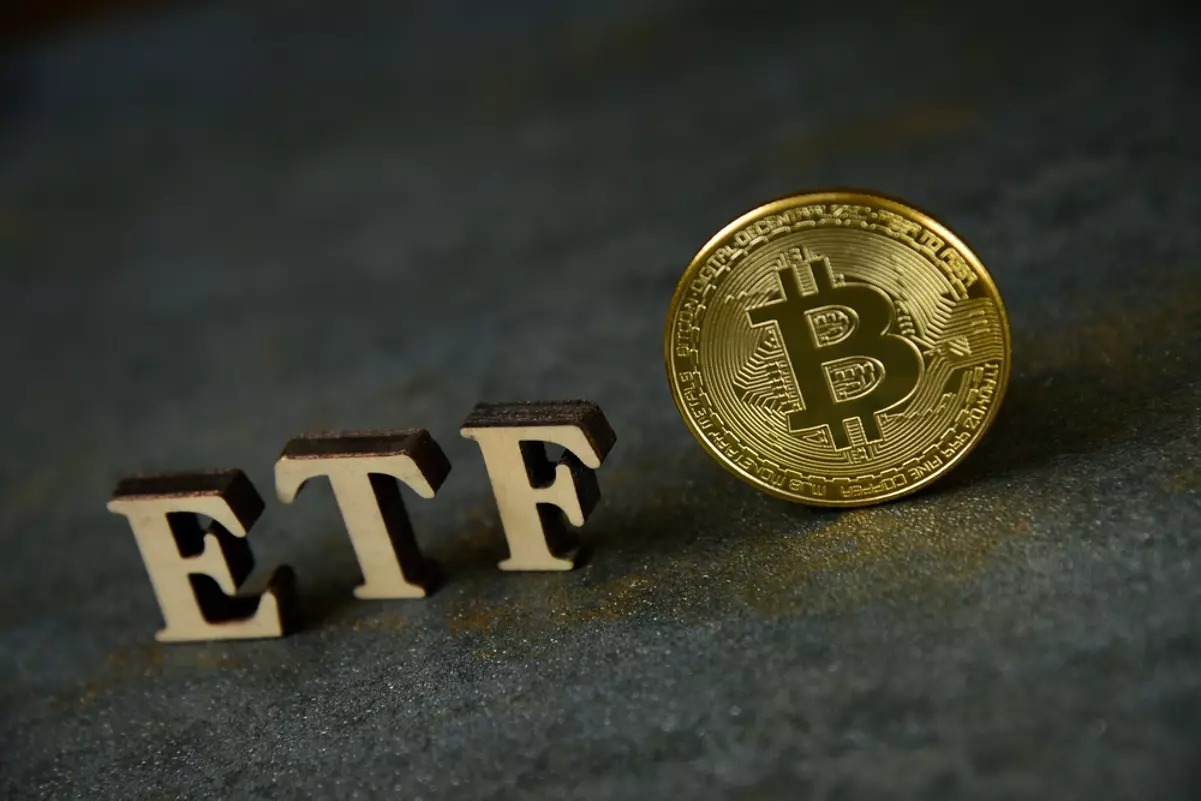
Some digital asset managers are attempting to counter regulators to offer more legal investment opportunities, as governments around the world continue to monitor the crypto market.
On Wednesday Grayscale Investments submitted a request to convert its Bitcoin Trust (GBTC), into an Exchange-Traded Fund (ETF). The U.S. Securities and Exchange Commission rejected Grayscale Investments application. The U.S. Securities and Exchange Commission (the SEC) rejected the application of Grayscale Investments to convert its bitcoin trust (GBTC) into an exchange-traded fund (ETF).
The SEC also denied Bitwise Asset Management the application for a spot Bitcoin ETF on that day.
The industry isn’t the first to be affected by the SEC’s decision. In the past year, the government agency denied more than a dozen bitcoin spot ETFs while simultaneously approving several future-based ETFs.
TechCrunch was told by Ken Goodwin, Director of Institutional and Regulative Affairs at Blockchain Intelligence Group. “Spot bitcoin ETFs are based on bitcoin’s price, but futures-based ETFs are based on CME’s price for bitcoin futures products, which in turn is tied with an index,” Goodwin said. The Bitcoin ETFs supporters argue that futures markets are still based upon the spot bitcoin price. However, the SEC points out that CME’s futures trading market is regulated under the [Commodity Futures Trading Commission].
CME’s Bitcoin Futures Contract, which is a U.S.-based contract, allows traders to place bets on bitcoin’s value through the SEC. CME Group, a global market company, offers a dollar cash-settled option that provides a reference rate for bitcoin’s value in U.S. dollars once a day.
Grayscale’s chief legal officer, Craig Salm, stated on Twitter Spaces, that the SEC had denied spot and futures bitcoin ETFs once, at most ‘treating them fairly’
However, that was 2017.
TechCrunch has learned that the SEC approved both short and long exposure bitcoin futures ETFs in recent years, while delaying spot bitcoin ETFs. “This disparate treatment is actually one of the most important arguments supporting our lawsuit.”
Sonnenshein stated that the case will be heard by an appellate court because the defendant is a regulator. A decision should be made within nine to twelve months.
Goodwin stated that the rejection by the SEC was based on concerns about market manipulation and lack of a surveillance sharing agreement between a regulated market and an exchange. “This is in line with the concerns expressed by regulators over years regarding rejection of other bitcoin ETF applications.
GBTC has 3.5% of all bitcoins in circulation. Its shares are the largest and best-known publicly traded crypto exchange-traded product, Ryan Selkis (founder and CEO of Messari), wrote in a Report. Selkis stated that Grayscale products were like ETFs but are not actually ETFs.
TechCrunch was informed by Nate Geraci of The ETF Store that ‘it’s clear the SEC will not approve a spot Bitcoin ETF until they have regulatory oversight over crypto exchanges. “Even with the possibility of Grayscale litigation – which appears to at least have some validity – The ETF Store didn’t hesitate in denial these spot bitcoin ETF filings.
